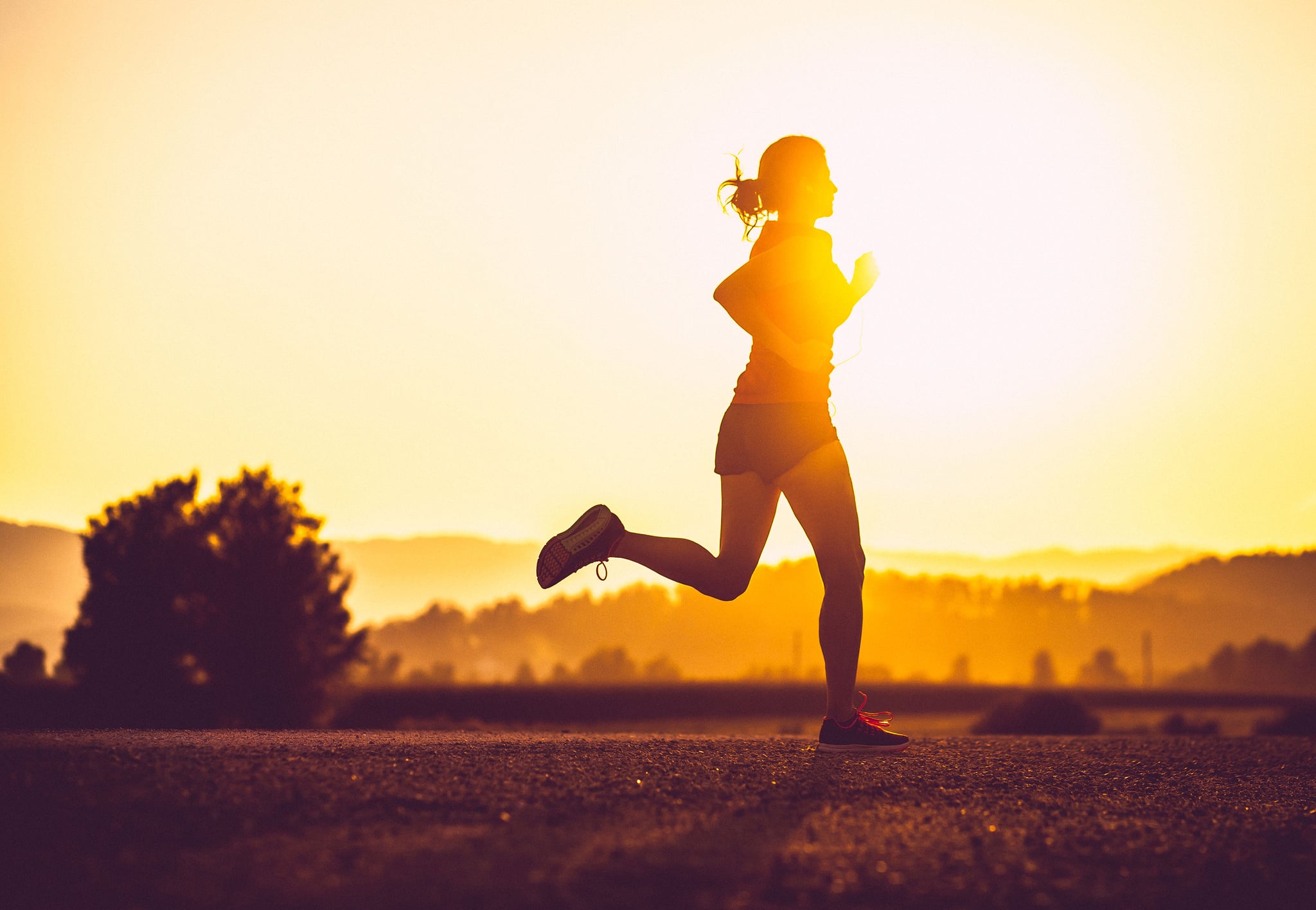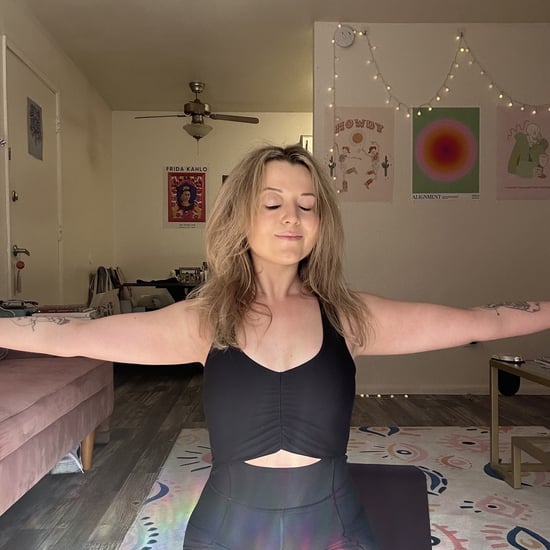Are Long Slow Runs or Short Fast Runs Better For Weight Loss
Are Long, Slow Runs or Short, Fast Runs Better For Weight Loss? Here's What the Experts Said

The exercise that burns the most calories will help you lose the most fat, and people often turn to running — you only need a good pair of running sneakers to do it. What we want to know is what type of run is more effective for weight loss: long, slower-paced runs or short, faster-paced runs?
Long, Slower-Paced Runs: Pros and Cons
Calories burned: Let's say you're going for an hour-long run at a pace of 10 minutes per mile (6 mph). For a 150-pound woman, she'll burn an average of 714 calories.
Pros: Burns tons of calories with less effort; great for long-distance endurance if you're training for a marathon or half-marathon; great for cardiovascular health; lower intensity so the body recovers faster (more about that ahead).
Cons: Takes twice as long; can increase appetite making you eat more.
Short, Faster-Paced Runs: Pros and Cons
Calories burned: If a 150-pound woman is running 30 minutes at a pace of eight minutes per mile (7.5 mph), she'll burn an average of 447 calories.
Pros: Done in half the time; great for cardiovascular health; takes the body longer to recover, which helps burn more calories after the workout (more about that ahead).
Cons: Burns approximately 250 fewer calories than the longer run; can make you feel exhausted later in the day; is higher impact, so it's harder on the joints and muscles.
What's Better For Weight Loss: Long, Slower-Paced Runs or Short, Faster-Paced Runs?
When you compare calories burned, the hour-long slower-paced run will burn more calories. So if you have the time to spare, and you're not a super fast runner, go for the longer run over the short, fast-paced run. But that's not the whole story . . .
The Running Workout Trainers Recommend For Weight Loss
"Doing a long, even-paced run is called low-intensity steady state cardio, or LISS," explained NASM- and ACE-certified trainer Ali Greenman. "These type of workouts workouts will get your heart rate up, but your body will adapt fairly quickly and figure out how to be most efficient, which means limited calorie burn." She said that after your run, your body will recover pretty quickly.
NASM-certified trainer Lindsay Bennett also mentioned that longer runs can stimulate your appetite, causing you to consume extra calories. And that definitely won't help you lose weight! I definitely experienced that when I was running to lose weight.
Instead, if you incorporate sprint intervals (that could be going from a walk to a jog, a jog to a run, a run to a sprint — whatever level you're at is OK!), your body won't be able to find a way to become efficient, Ali explained. "The spikes and settling down of your heart rate will require your body to keep adjusting, instead of settling in around one heart rate like in LISS."
Lindsay explained that as the intensity of your workout increases, your heart rate increases and your body is working harder to expend more energy, which burns more calories. You'll not only burn more calories per minute, but because your body is recovering, it "will burn additional calories for up to 16 to 24 hours post-workout," NASM-certified trainer Sydney Eaton added. "This phenomenon is known as EPOC (Excess Post Exercise Oxygen Consumption), and is essentially your body burning additional calories to help your body recover from an intense session." EPOC is also referred to as the afterburn effect.
There's nothing wrong with LISS workouts, especially if you aren't able to or don't enjoy high-intensity workouts — they can still help you burn calories and lose weight. But to be more efficient, your best bet for weight loss is to up the intensity. Keep the workouts shorter, around 30 minutes, and include sprinting intervals and hill work, suggested NASM-certified personal trainer Josh Grimm, the founder of Fitnut. For your HIIT workout, he recommended adding in short bursts of 20 to 30 seconds of high-intensity intervals followed by two to three minutes of active recovery. Here's a 30-minute HIIT running workout you can try.
Running Isn't Best For Weight Loss
While burning calories through a HIIT run can help you lose weight, Josh said it's important to do weight training. "Strength training aids in fat loss for the simple fact that the more muscle composition on the frame, the more calories are burned at a resting, or recovery state," he said. Lindsay agreed and said, "If weight loss is your goal, I recommend incorporating a resistance training program two to three days a week along with two to three days of shorter, fast-paced runs. It's also important to give yourself one to two days of recovery each week so your body can properly restore itself."
Diet Also Comes Into Play
Many of the trainers added that even if you run, your diet is the key to whether or not you'll lose weight. Josh said, "In order to lose weight, one must have a caloric deficit and expel more calories than consumed." Registered dietitian, Kimberly Gomer, MS, RD, LDN, director of nutrition with the Pritikin Longevity Centre, agreed, and told POPSUGAR in a previous interview, "You've got to burn more calories than you eat. Create a calorie deficit, keep at it, and you will lose excess fat, wherever it is on your body." Just be sure not to dip below 1,200 calories, registered dietitian and ACSM-certified personal trainer Jim White, owner of Jim White Fitness and Nutrition Studios, shared in a previous interview.
Follow a diet with appropriate calories for your needs, because even if you run three times a week, eating too much can lead to greater fat deposits, explained Seattle-based registered dietitian, nutritionist, and Arivale coach Ginger Hultin, MS, CSO. Figure out your daily calorie needs either by meeting with a dietitian or by using this formula. Measure and weigh your food and track your intake by writing it down in a food journal or by using an app like MyFitnessPal. Eat a diet rich in whole foods, including balanced macros and limited alcohol, processed foods, and sugar, and you'll reach your weight-loss goals.








